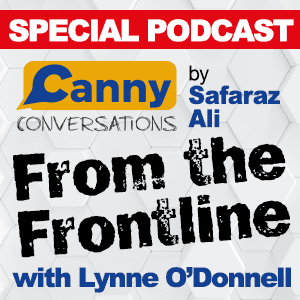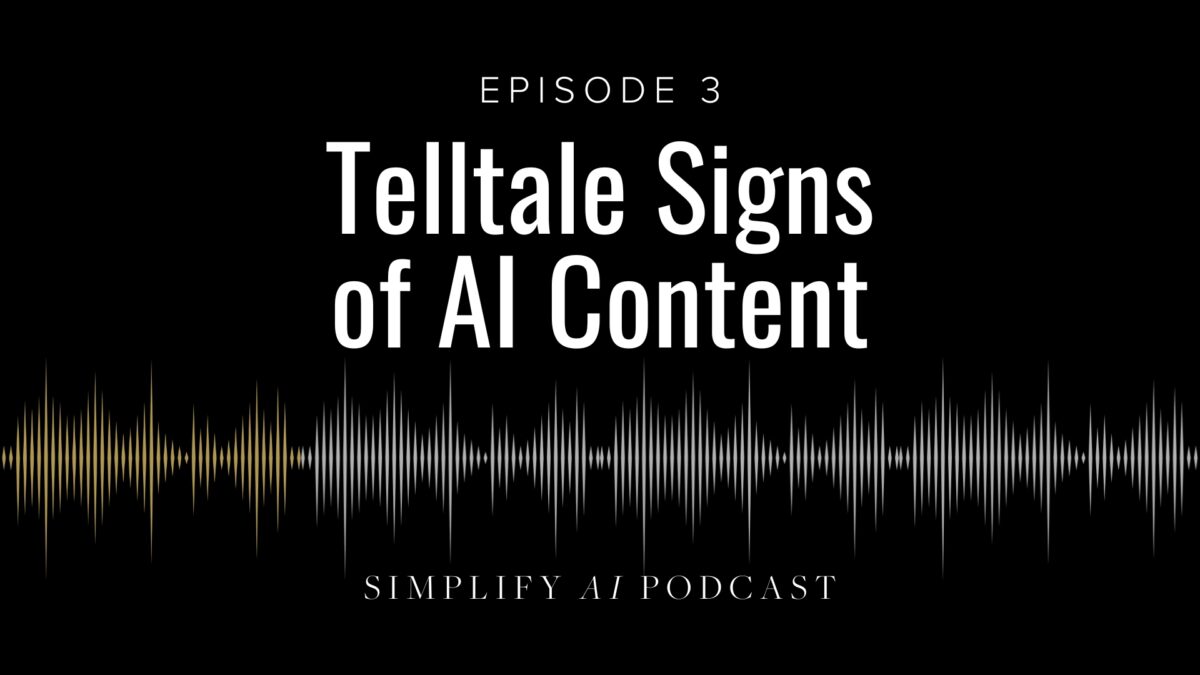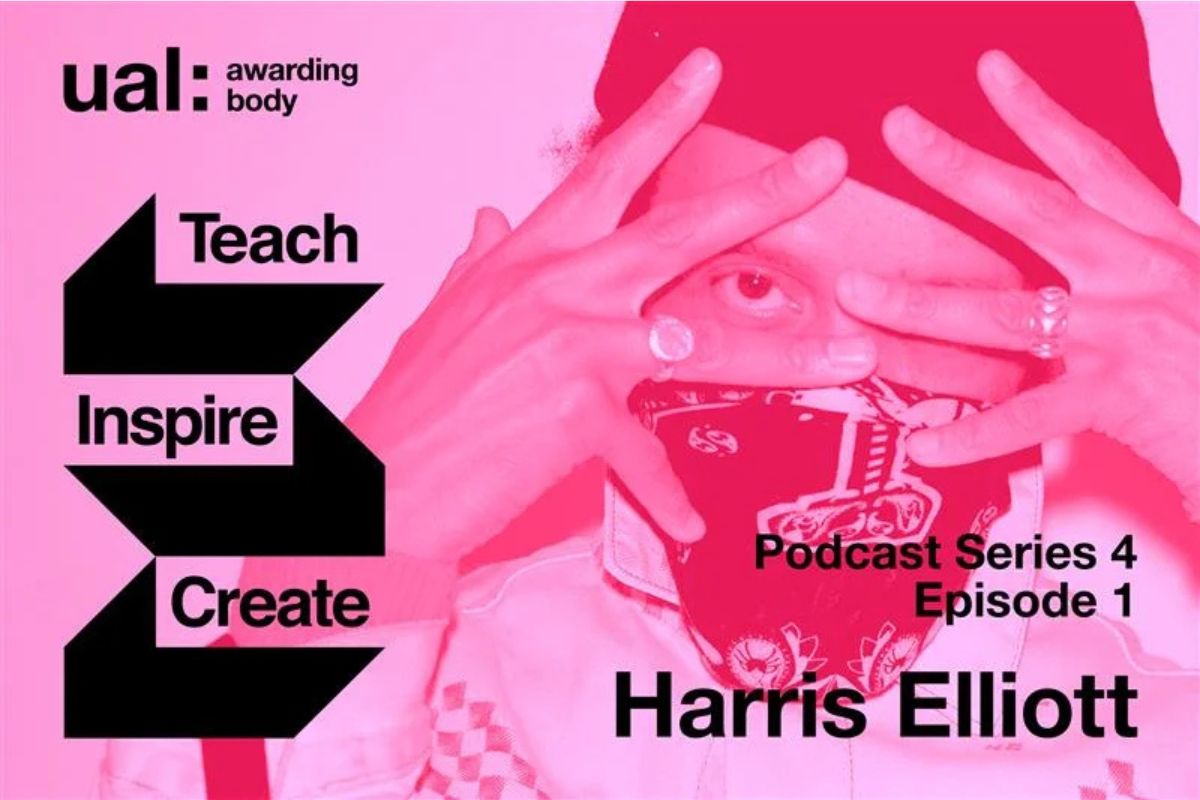From the Frontline with Lynne O’Donnell


In a special hour-long conversation Saf meets acclaimed war reporter Lynne O’Donnell, who talks about her experiences working in some of the world’s biggest trouble spots including Afghanistan and Iraq.
She shares her fears of the knock-on impact of the war in Ukraine and the conversation explores leadership, diversity and education.
In a special hour-long conversation, Saf meets acclaimed war reporter Lynne O’Donnell who talks about her experiences working in some of the world’s biggest trouble spots including Afghanistan and Iraq.
She shares her fears on the knock-on impact of the war in Ukraine and the conversation touches on leadership, diversity and education.
Born in Australia, Lynne spent a decade working in China before going on to cover the first war in Iraq and then the conflict in Afghanistan from 9/11 to the final hours before the western forces pulled out.
As well as being an award winning journalist and author of the widely acclaimed ‘High tea in Mosul,’ the story of two English women who married Iraq men and lived in that troubled land through the tyranny of Sadam Hussain, Lynne holds a MA in War Studies from the Kings College, London, where she is visiting Research Fellow at the Institute of Psychiatry, Psychology and Neuroscience.
In 2011 Lynne won the Amnesty International Human Rights Press Award for her series of articles about Afghanistan women and in 2017 became a fellow of the Dart Centre at the Colombia Journalism School.
She has studied all over the world including in China and Japan.
Lynne speaks Chinese and Japanese as well as conversational French and Turkish.
In a wide ranging conversation, Saf talks to Lynne about her life in journalism and how ‘a nice girl from sunny Melbourne came to be dogging bullets and bombs in some of the world’s darkest places.’
She talks about how she copes with ‘seeing things people never should have to see’ and why fear is an important part of keeping safe: ‘fear is a sign of intelligent life.’
The role of women and girls in Afghanistan is discussed as is the importance of education. Lynne explains why she does not believe the western involvement in Afghanistan was neither a waste of time or money.








Responses